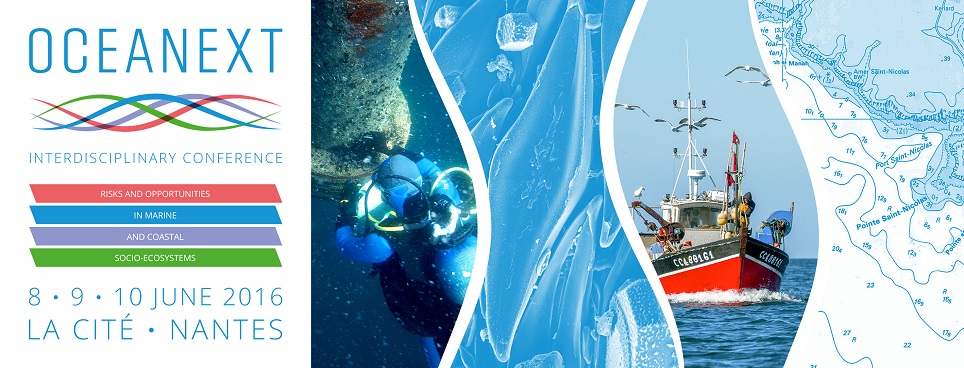Feeding the world population by 2050 (and providing them with sustainable energy and jobs) is one of the main challenges of today; especially in the light of the scarcity of fresh water a marine or blue revolution is needed to feed 10 billion people by then. The marine environment surely offers a lot of opportunities, but the seas and oceans and the marine ecosystems are also under threat of unsustainable uses.
Central question in this is how we can attain sustainable use of ecosystem services, including the governance of marine and coastal areas. In the world of today the role and position of science in this process is rapidly changing. In order to meet the challenge of the future we need a more applied form of science in a trans-disciplinary way in which knowledge is being produced together with stakeholders in a complex field of responsibilities. So not only is an interdisciplinary mode of producing science of importance, the more crucial issue is that of entering a mode of co-creation of knowledge together with stakeholders such as the industry, NGOs, policy makers and civic society.
In his Keynote address Luc van Hoof will examine how the method of foresight studies can be used to reach a multi-disciplinary/interdisciplinary and participatory process of formulating answers to the challenges of the future.

 PDF version
PDF version
